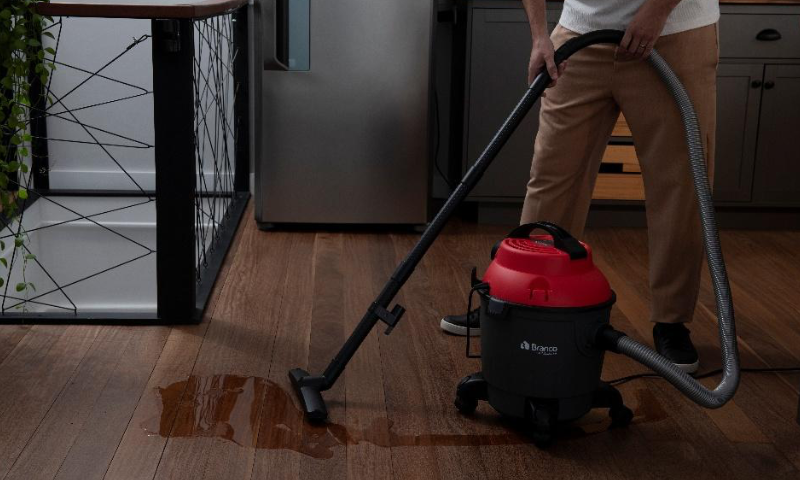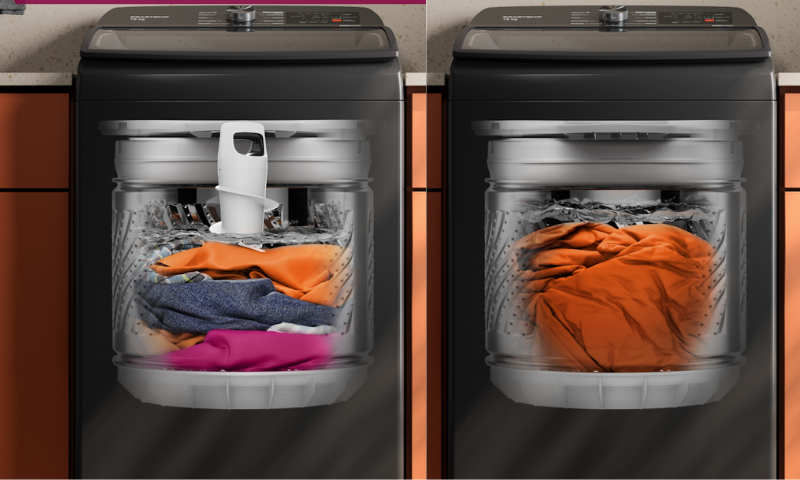ABREE: The impact of GDPR on reverse electronics logistics

The validity of the General Data Protection Regulation (GDPR) impacts companies of all sizes and consumers in several aspects, generating a paradigm shift on security in the collection, storage and disposal of personal data. Therefore, this also brings changes to the disposal of electrical and electronic products at their end of life.
The GDPR makes people the owners and accountable for their data in the disposal process, even before the beginning of its validity. As with the disposal of a refrigerator, the food stored in it must be removed, the data should be deleted from the electronics. Data and products must be disposed of properly, and this process begins with the consumer taking them to the collecting points.
Data and products must be disposed of properly, and this process begins with the consumer taking them to the collecting points.
To this end, the Brazilian Association for the Recycling of Electronics and Home Appliances (ABREE) – as the oldest and most representative management entity that defines, organizes and manages solid waste – has been working to raise consumers awareness of the importance of creating a culture of disposal of products.
The company’s numerous measures include the work carried out in recent months to significantly increase (1,300%) the number of collecting points at federal level. Now, there are more than 1,200 points spread throughout Brazil, so that more and more electrical and electronic products and household appliances have their environmentally correct destination.
Source: Eletrolar News Magazine 139





